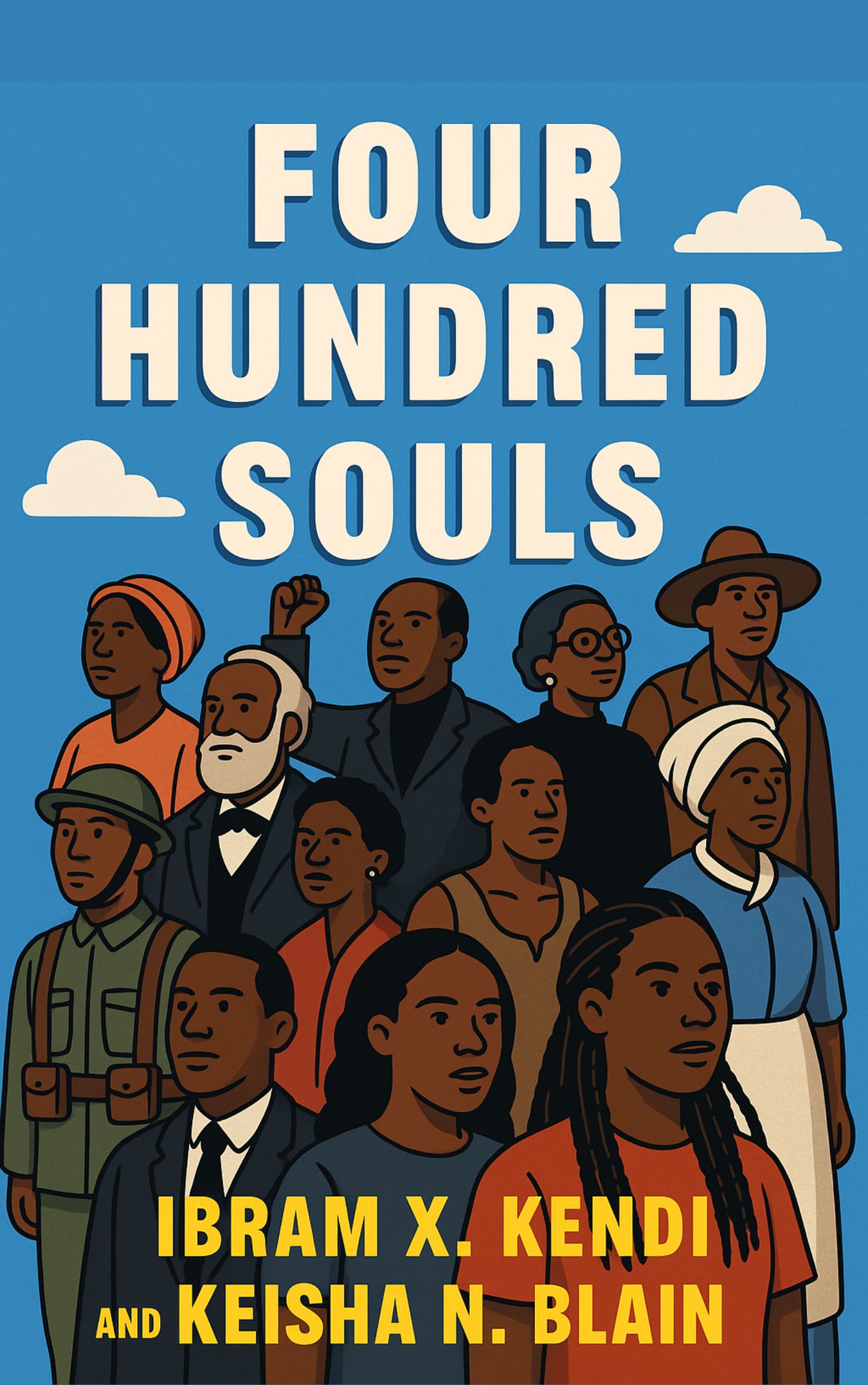Description
In 1619, a group of Africans arrived in Virginia, marking the beginning of a long and complicated African American history in what would become the United States. Their arrival, unlike that of the Pilgrims a year later, was not a quest for freedom but a forced journey into slavery. They were stripped of their rights and humanity, yet their labor, skills, and cultural heritage became a foundation for the new colonies. From the start, American history was deeply tied to slavery.
Over time, laws and policies entrenched slavery further. In Virginia and other colonies, leaders passed strict regulations to keep Black people at the bottom of the social order. Some laws denied enslaved people any hope of freedom through religion, while others restricted movement and punished resistance. The wealthy elite used these laws to maintain their power and prevent unity between poor white and Black workers.
Despite oppression, Black people resisted at every turn. They rebelled in organized uprisings, escaped to form independent communities, and found strength in shared culture, religion, and music. These acts of defiance showed that the desire for freedom could not be crushed. By the 1700s, enslaved Africans and their descendants had already staged dozens of revolts, both on land and at sea.
The Enlightenment period claimed to value reason and equality, yet many thinkers used flawed science to argue that Black people were inferior. This false belief was contradicted by the achievements of individuals like Lucy Terry Prince, who became a respected poet and legal advocate, and Phillis Wheatley, whose poetry still inspires readers today. Others, like Mumbet in Massachusetts, used the ideals of liberty to successfully win their own freedom in court.
After the American Revolution, slavery did not end—in fact, it expanded. While other nations moved toward abolition, the new United States strengthened the institution. The Constitution allowed slavery to persist, and laws like the Fugitive Slave Act made it dangerous even to help escaped individuals. Many of the nation’s leaders, including George Washington, owned enslaved people. Yet within these harsh conditions, Black culture thrived, with communities preserving traditions, family bonds, and even diverse expressions of identity.
By the 1800s, abolitionist voices grew stronger. Newspapers like Freedom’s Journal gave Black Americans a platform to speak for themselves. Leaders and writers debated the future—whether through full integration, separation, or migration. Figures like Maria Stewart addressed both racism and sexism, laying groundwork for future movements. National conventions and gatherings created networks that strengthened the fight against slavery.
The Civil War brought emancipation, but freedom did not end racial oppression. Nearly 200,000 Black men fought for the Union, yet after the war, white supremacist groups like the Ku Klux Klan used violence and terror to suppress Black political power. Laws promised equality, but widespread discrimination and lynchings continued. Journalists like Ida B. Wells-Barnett documented these injustices and urged communities to protect themselves and build economic strength.
In the early 1900s, the Great Migration saw millions of Black families leave the rural South for cities in the North and West, seeking opportunity and safety. While northern cities also had racism and restrictive housing laws, these new communities became centers of culture and creativity. The Harlem Renaissance brought poets, writers, and musicians to the forefront, shaping American culture forever.
By the 1970s, the civil rights movement had won major legal victories, but inequality persisted. Groups like the Combahee River Collective focused on the unique struggles of Black women, calling for an intersectional approach that addressed racism, sexism, classism, and homophobia together. Their activism extended beyond protests, influencing legal cases and shaping future movements.
In the 21st century, events like Hurricane Katrina revealed how systemic neglect still harmed Black communities. Disasters disproportionately affected the poor and marginalized, showing that equality was far from achieved. New injustices emerged through mass incarceration and police violence. The killing of Trayvon Martin in 2012 sparked the creation of Black Lives Matter, which grew into a global movement demanding justice and dignity for all Black lives.
Across four centuries, African American history is marked by hardship but also by resilience, creativity, and leadership. Black Americans have fought to claim their rights, shape the nation’s culture, and inspire future generations. The struggle is ongoing, but the legacy of resistance and achievement continues to influence the United States today.





